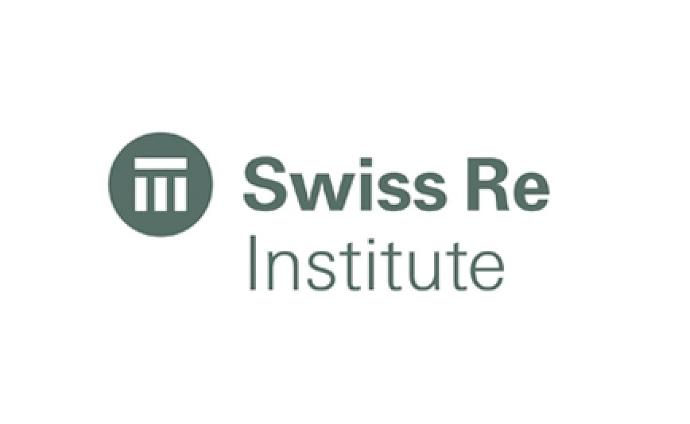Algorithms For Hope
Case studies with a positive global impact as we move from human to augmented intelligence.
Case studies with a positive global impact as we move from human to augmented intelligence
Humans have used their intelligence to cultivate plants, tame animals, cut trees, divert rivers, mine stones and mineral, and create machinery. Over the last two generations, we have created our own intelligence: artificial intelligence. We can feed data to machines and machines can learn from that data. These processes can help us in fields across our lives, from medical research to traffic flows, from forecasting climate change to managing admin. In this conference, we will focus on the many positive aspects of artificial intelligence, how it already enhances our daily lives and how, in these currently challenging times, working together with the technology, it can create new horizons for all of us.
Swiss Re Institute, the Gottlieb Duttweiler Institute (GDI), and IBM Research, are all using or seeking the best forms of augmented intelligence to use in their respective industry segments. The conference will gather networks of artificial intelligence research and practice with thought leaders and decision makers from society, business and government.
ReferentInnen

Alessandro Curioni
Schweiz
IBM Fellow, Vizepräsident Europa & Afrika und Direktor des IBM Research Lab, Zürich. Curioni ist ein international anerkannter Wissenschaftler auf dem Gebiet des Hochleistungsrechnens und der Computerwissenschaften. Mit seinem Team wurde er 2013 und 2015 mit dem renommierten «Gordon Bell Prize» ausgezeichnet. Zu Curionis Forschungsinteressen gehören KI, Big Data und Quanten-Computing.

Kate Darling
US
Research Specialist at the Massachusetts Institute of Technology (MIT) Media Lab. Dr. Kate Darling is a leading expert in Robot Ethics and investigates social robotics and conducts experimental studies on human-robot interaction. Kate Darling explores the emotional connection between people and life-like machines, seeking to influence technology design and policy direction. Her writing and research anticipate difficult questions that lawmakers, engineers, and the wider public will need to address as human-robot relationships evolve in the coming decades. In 2017, the American Bar Association honored her legal work with the Mark T. Banner award in Intellectual Property.
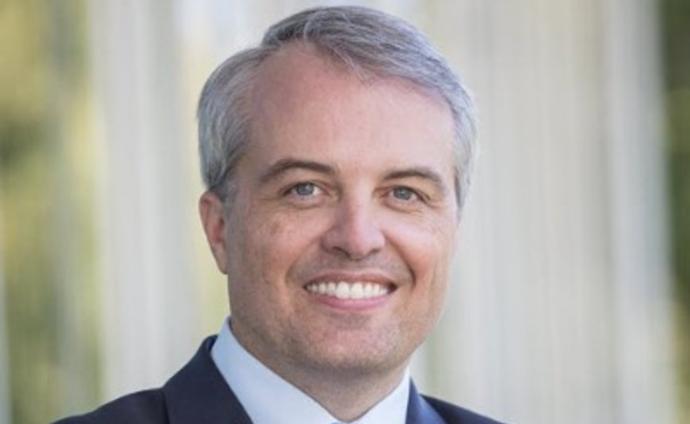
Christoph Nabholz
Schweiz
Chief Research Officer, Swiss Re Institute. Nabholz leitet den strategischen Beirat von Swiss Re, der Führungskräfte berät und vorausschauend über Risiken in einer breiten und sich schnell entwickelnden Geschäftslandschaft informiert. Sein Forschungsteam verbessert die Marktkenntnisse von Swiss Re und trägt zu einer Vordenkerrolle bei wichtigen Branchenthemen bei.

Cathy O'Neil
USA
Founder of ORCAA, an algorithmic auditing company. She helps companies understand and mitigate their risks around the algorithms they employ and that are used against them. She is the author of the New York Times bestselling "Weapons of Math Destruction: How Big Data Increases Inequality and Threatens Democracy." Starting as a professor at Barnard College, where she published a number of research papers in arithmetic algebraic geometry, Cathy later switched over to the private sector.
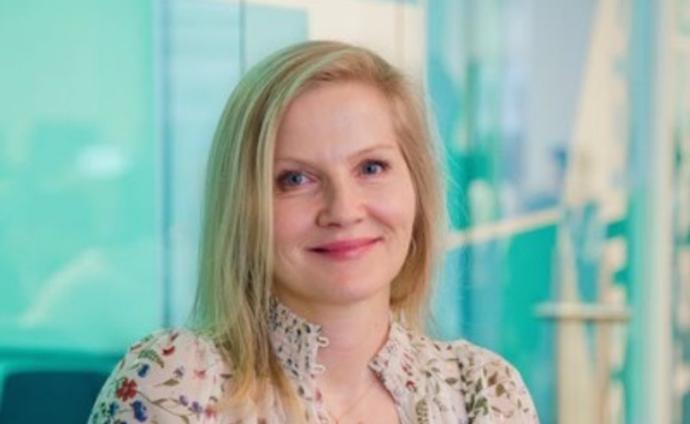
Frida Polli
USA
CEO and co-founder of Pymetrics, a talent matching platform that uses behavioral science and AI to make workforce decisions more accurate, fair, and efficient. Dr. Frida Polli is an award-winning Harvard and MIT neuroscientist turned entrepreneur.

David Dao
USA
Founder of GainForest, a non-profit grantee of Microsoft’s AI for Earth program, aiming to reverse the deterioration of nature by combining decentralized finance with intelligent ecosystem monitoring. Dao is a Ph.D. student at ETH Zurich building AI and Data Systems for Sustainable Development and is leading the Climate + AI initiative at DS3Lab, mapping the ethical use of AI, and directing the Kara research project with Stanford and UC Berkeley.

Patrick Schwab
Schweiz
Director of Machine Learning and Artificial Intelligence at GSK AI/ML. Schwab's work aims to advance personalised medicine by utilising machine learning methods and large-scale health data to better understand and treat complex diseases. Prior to joining GSK, he was a Principal Architect working on Machine Learning for Personalised Medicine at Roche in Basel, Switzerland.

Lukas Jezler
Schweiz
Seit 2021 CEO des Gottlieb Duttweiler Instituts in Rüschlikon, Zürich. Das Institut ist ein unabhängiger Europäischer Think Tank für Handel, Wirtschaft und Gesellschaft (gegründet 1962 vom Europäischen Handelspionier Gottlieb Duttweiler).
Moderator
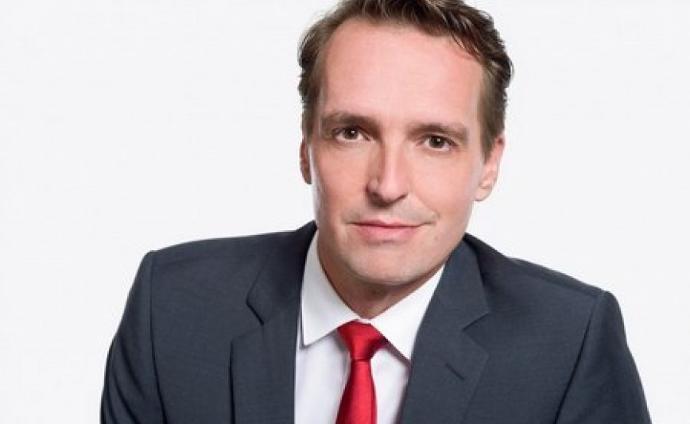
Florian Inhauser
Schweiz
Journalist und Moderator. Inhauser moderiert beim Schweizer Radio und Fernsehen die Hauptausgabe der «Tagesschau» und das Auslandmagazin «#SRFglobal». Der studierte Historiker und Anglist ist als ehemaliger Grossbritannien-Korrespondent von SRF weiterhin auch als internationaler Sonderkorrespondent im Einsatz.
Programm
Tuesday, 15 June 2021
13.30
Welcome
Florian Inhauser, Journalist and Moderator, Swiss Broadcasting Corporation
Christoph Nabholz, Chief Research Officer, Swiss Re Institute
13.40
A dialogue on accelerated discovery
Alessandro Curioni, IBM Fellow, Vice President of IBM Europe and Director of the IBM Research Lab Zurich
13.55
The new breed: What our history with animals reveals about our future with machines
Kate Darling, Research Specialist, MIT Media Lab
14.35
Using AI to help restore the natural world
David Dao, AI for Sustainable Development, ETH Zurich; Founder, GainForest; WEF Global Shaper
15.05
Break
15.20
Using AI to reduce bias in recruitment
Frida Polli, Founder and CEO, pymetrics
15.50
Using AI to develop medicines with a higher probability of success
Patrick Schwab, Director of Machine Learning and Artificial Intelligence, GSK AI/ML
16.20
Algorithmic accountability will lead to a better world
Cathy O'Neil, Founder, O'Neil Risk Consulting & Algorithmic Auditing
16.55
Closing remarks
Lukas Jezler, CEO, Gottlieb Duttweiler Institute
17.00
End of event
Informationen
Participation is by invitation only. The event targets networks of artificial intelligence research and practice with thought leaders and decision makers from society, business and government. For questions about the invitation process and the event programme, please contact Andreas_Obrist(at)swissre.com.
Date
15 June 2021
Time
13.45 – 17.00 (CEST / Zurich time)
Venue
Online
Language
English
Price
Free of charge
Veranstaltungsort
The event will take place online. You will receive the link to the livestream shortly after your registration.
Preise
20% Early-Bird-Rabatt bis 25. März 2019: 960 CHF
10% Early-Bird-Rabatt bis 30. April 2019: 1080 CHF
Vollpreis: 1200 CHF (ab 1. Mai 2019)
Preis für Start-ups: 450 CHF (Rabattcode auf Anfrage: predictions(at)gdi.ch)
Die Teilnahmegebühr ist im Voraus zu bezahlen. Im Preis inbegriffen sind alle Speisen und Getränke. Kurzfristige Anmeldungen (später als zwei Wochen vor dem Anlass) können nur mit Kreditkarte bezahlt werden.
TeilnehmerInnenliste
Die Teilnehmerliste wird eine Woche vor Veranstaltung veröffentlicht (Passwort erforderlich).
Dokumentation
Referenten-Interviews
Interview mit Ajay Agrawal
Interview mit Michelle Ufford
Interview mit Ran Balicer
Bilder
Networking
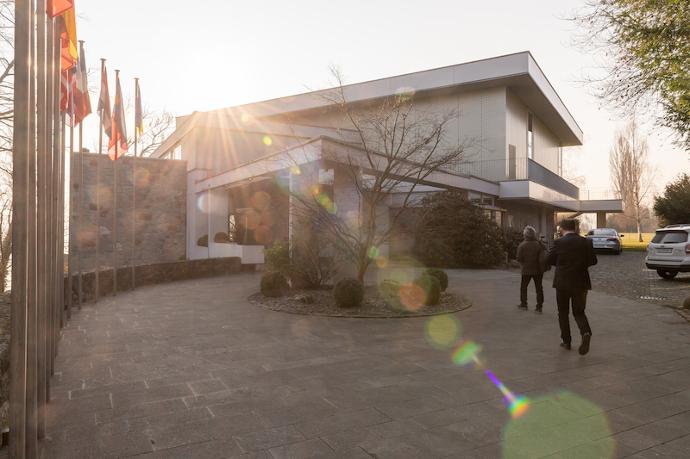

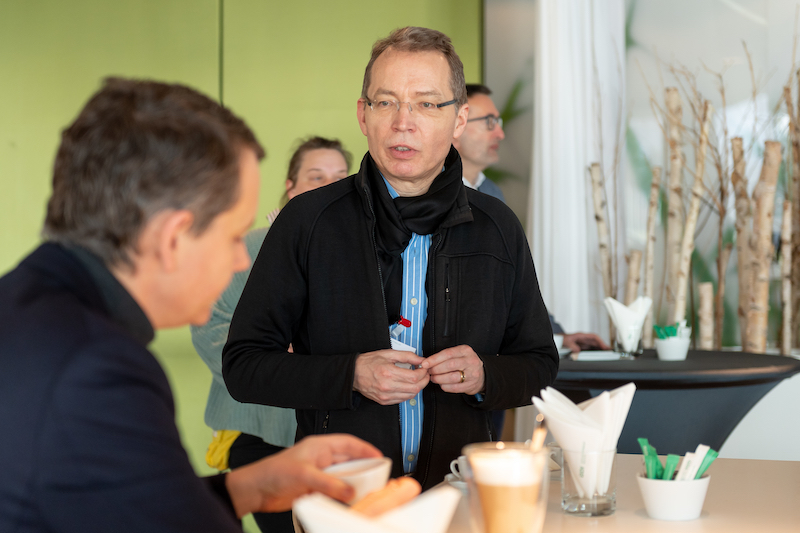
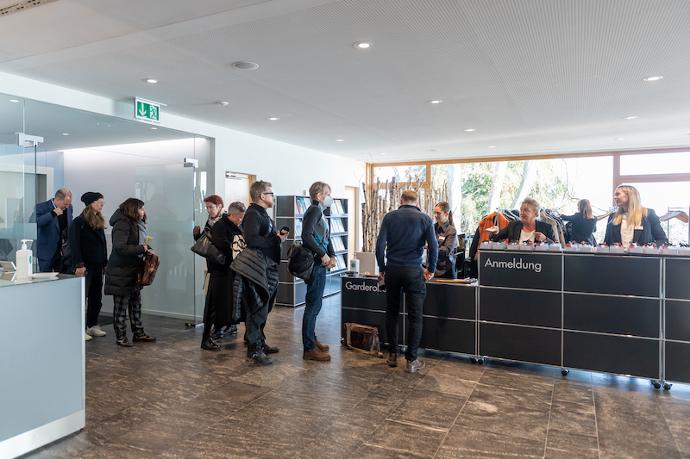
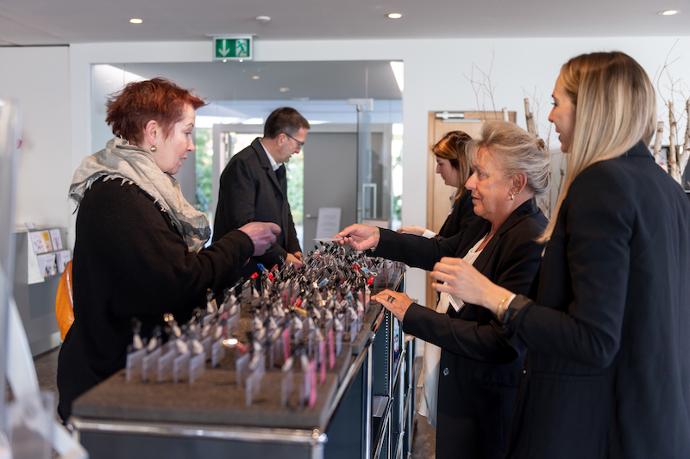
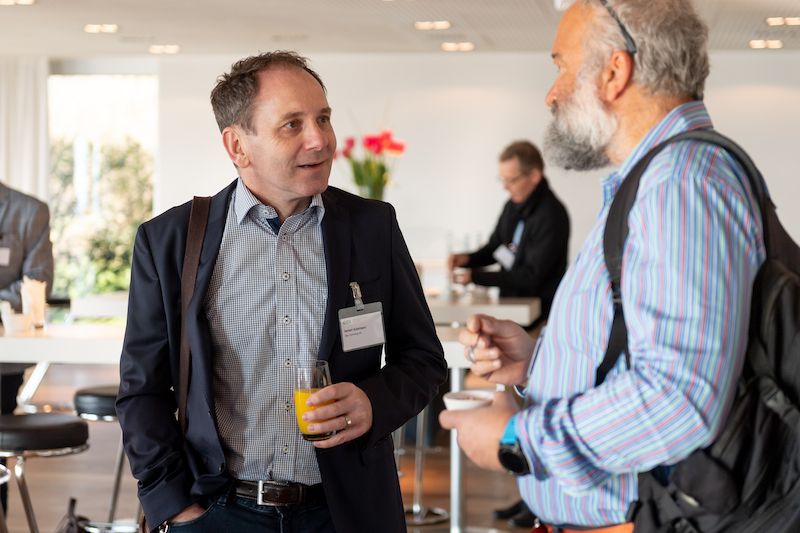

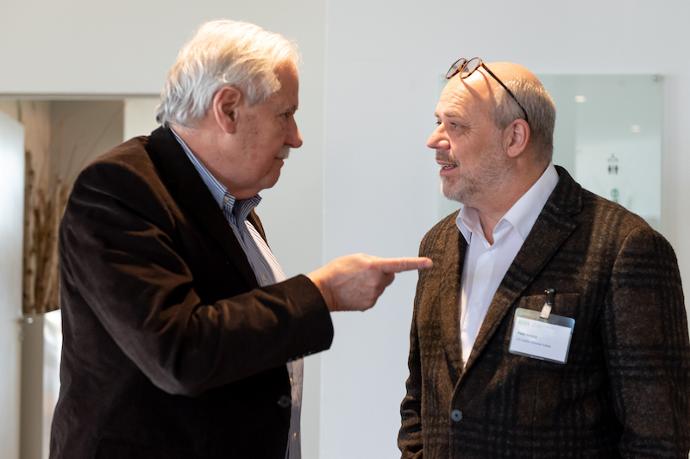
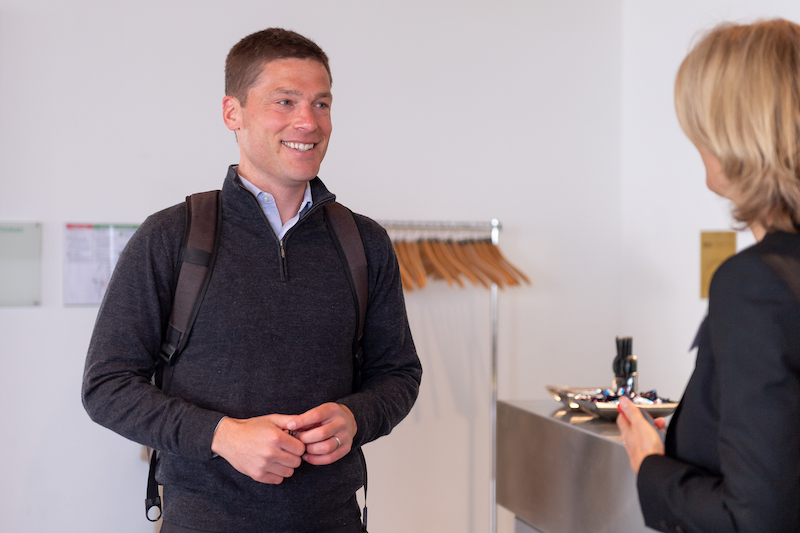
Konferenz Vormittag
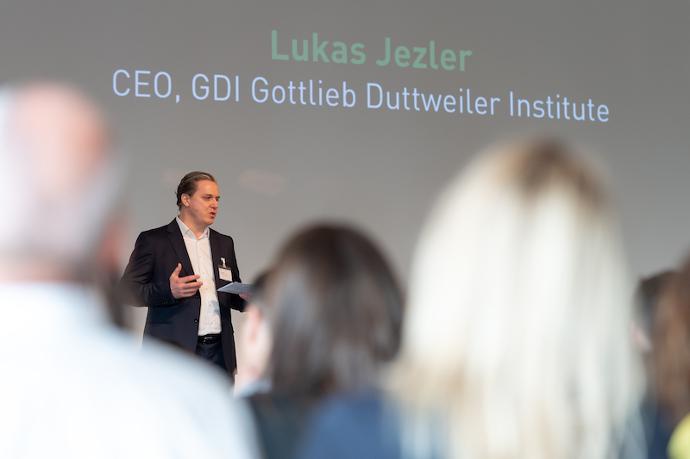
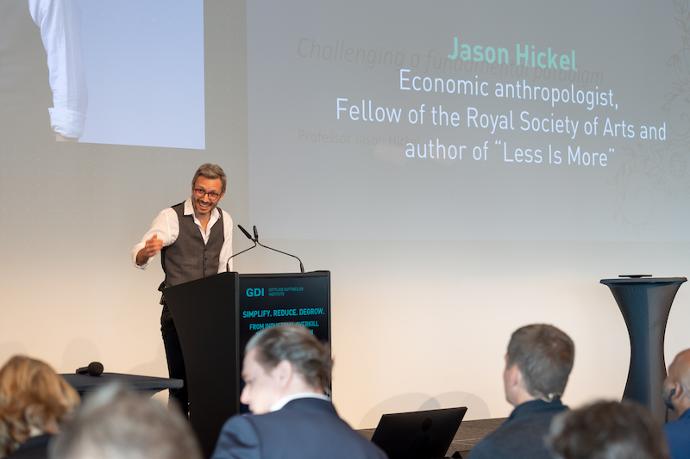
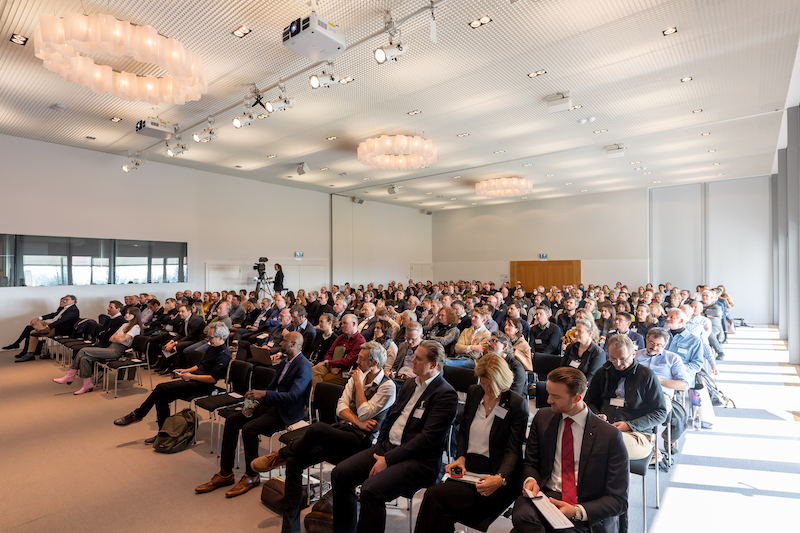
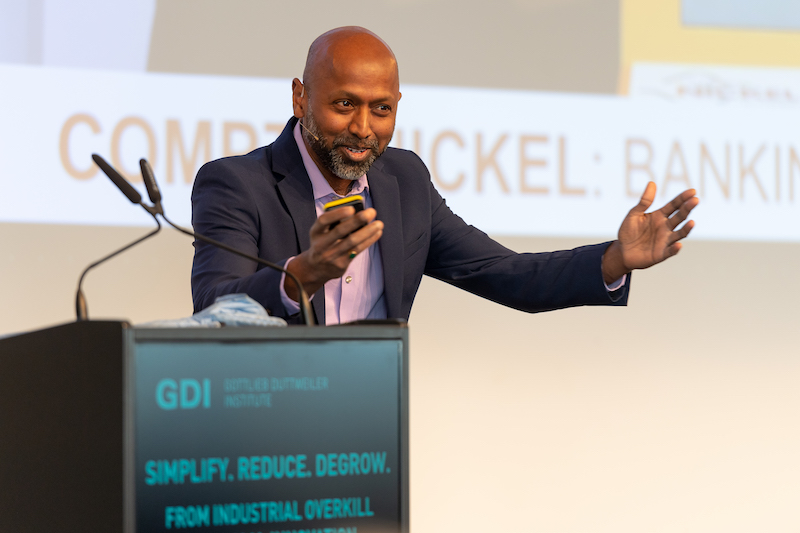
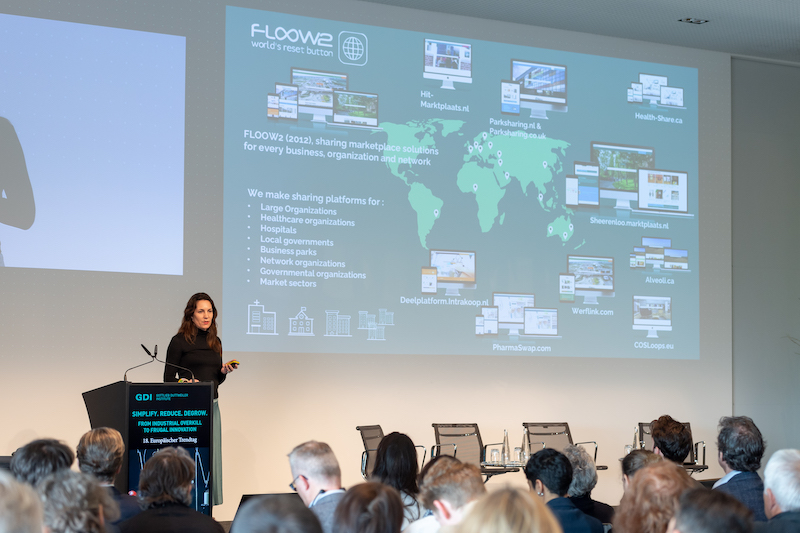

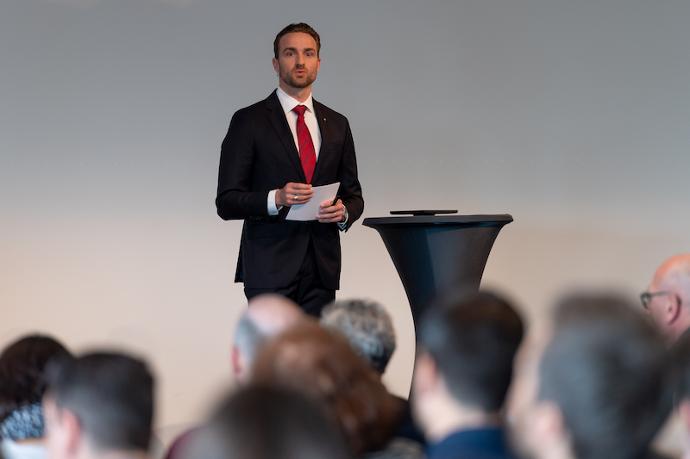
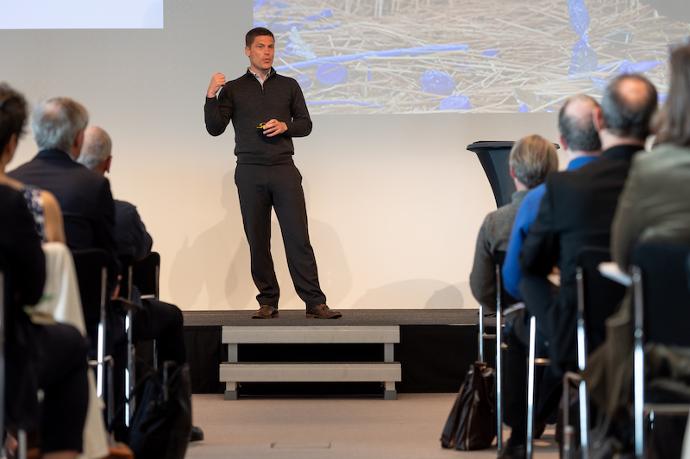
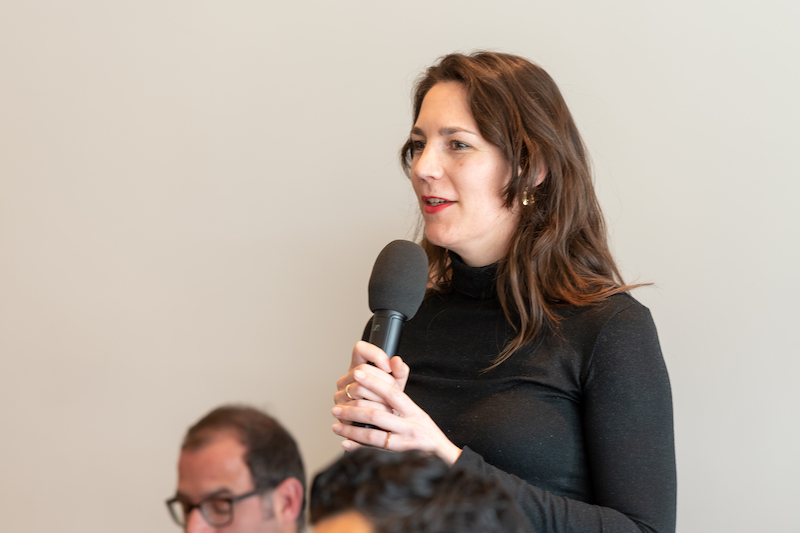
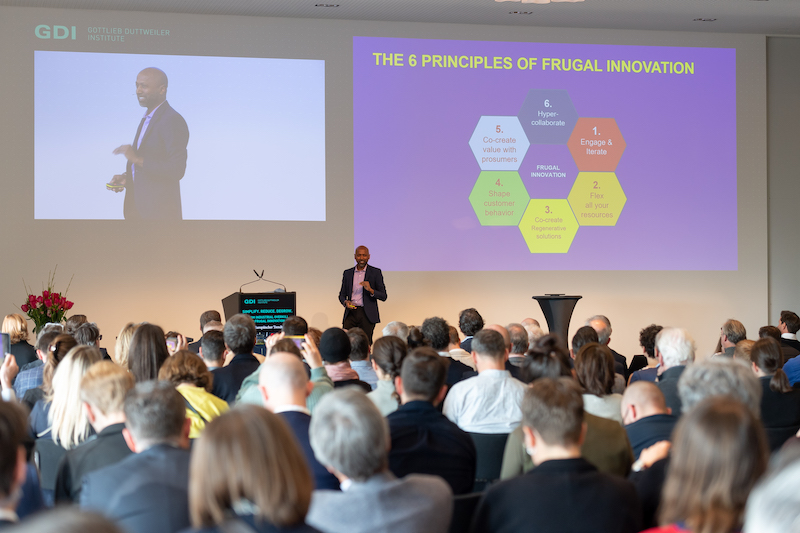
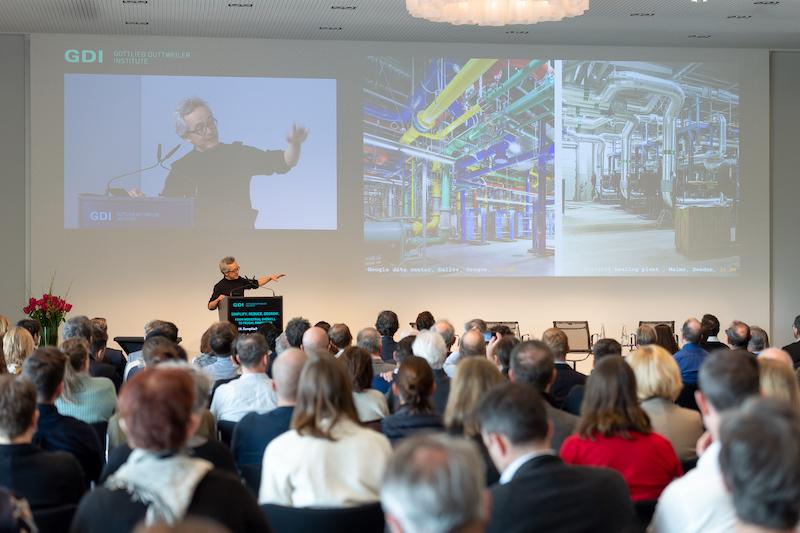
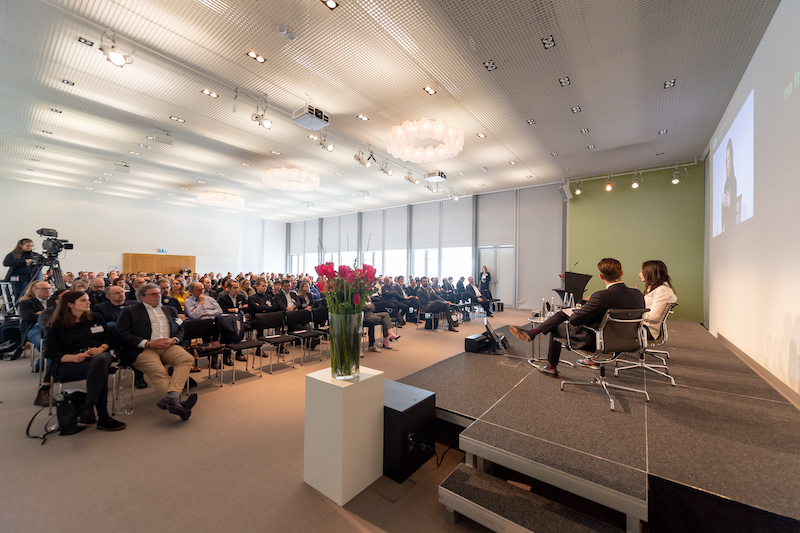
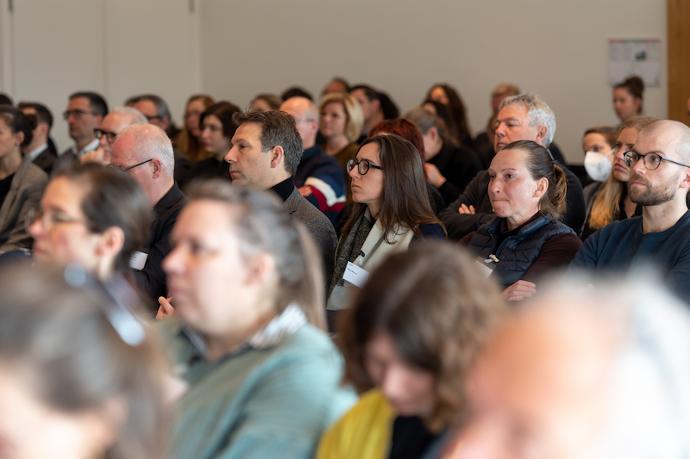
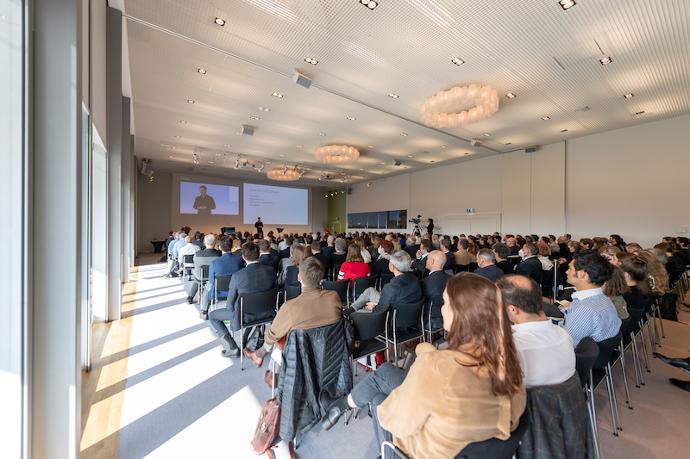
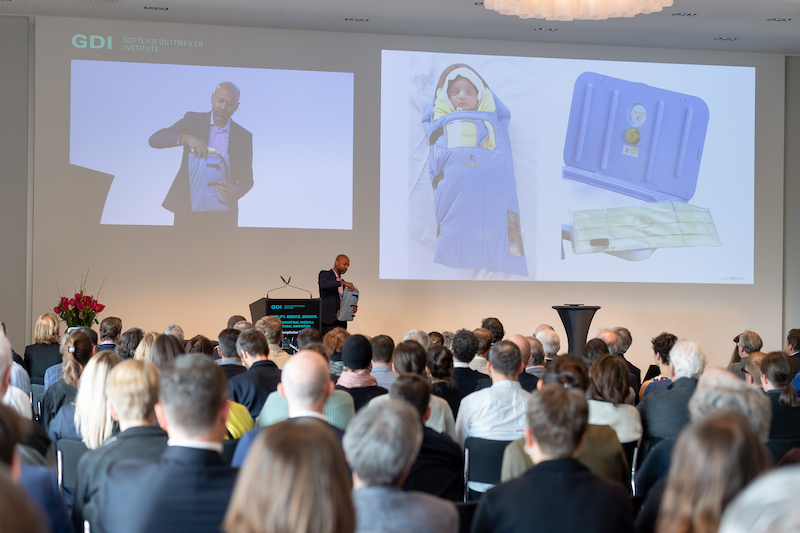
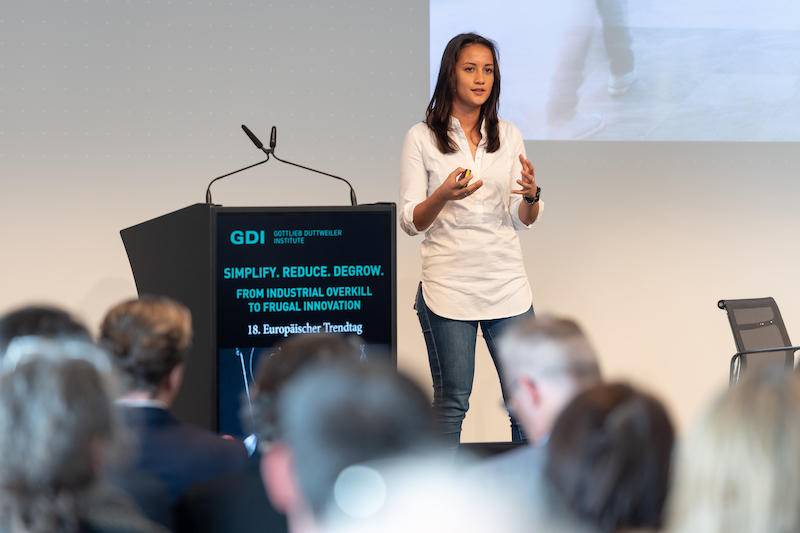
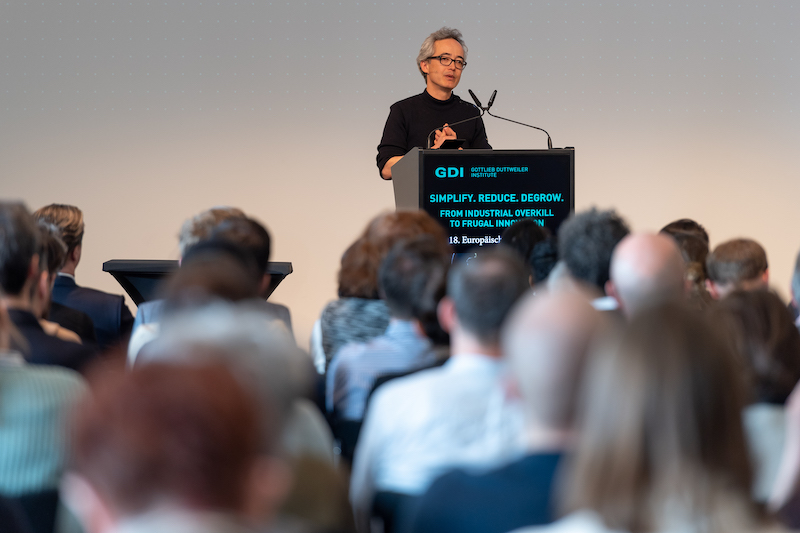
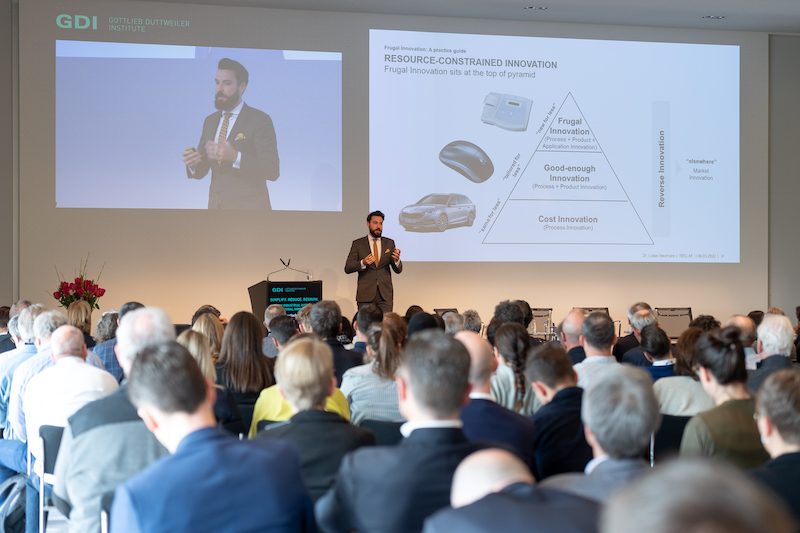
Konferenz Nachmittag
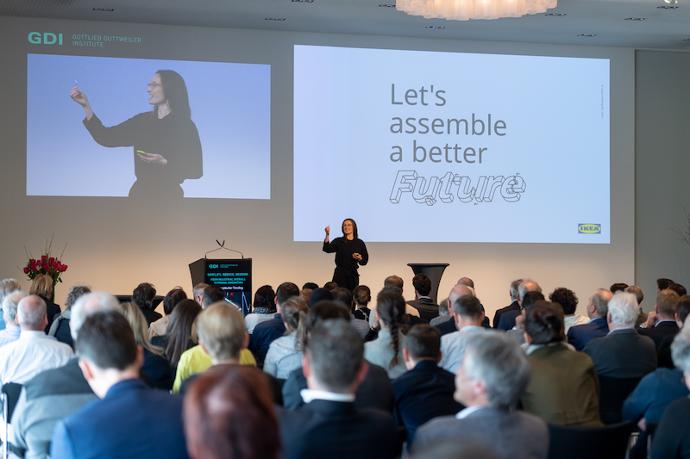
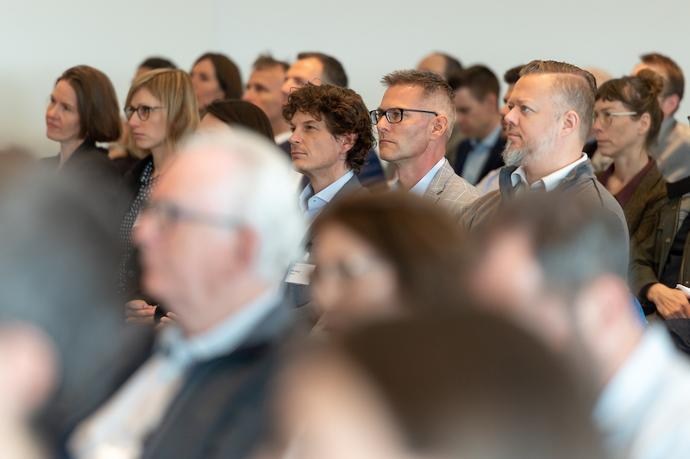
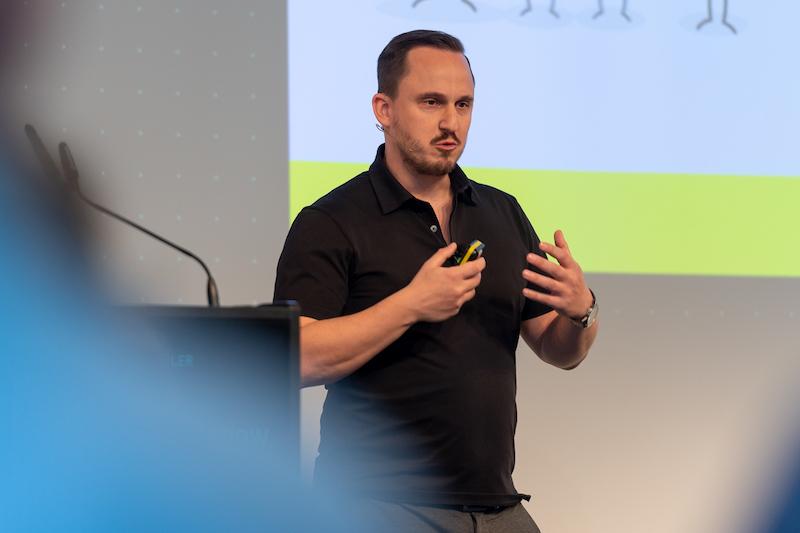
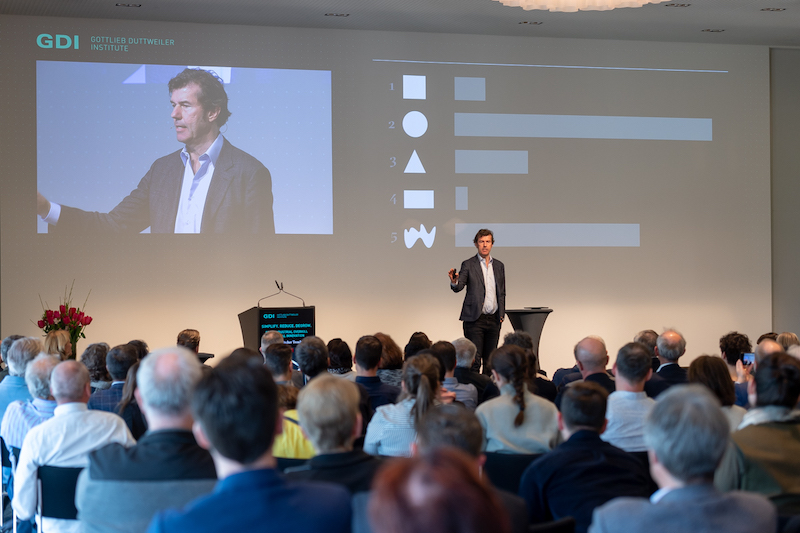
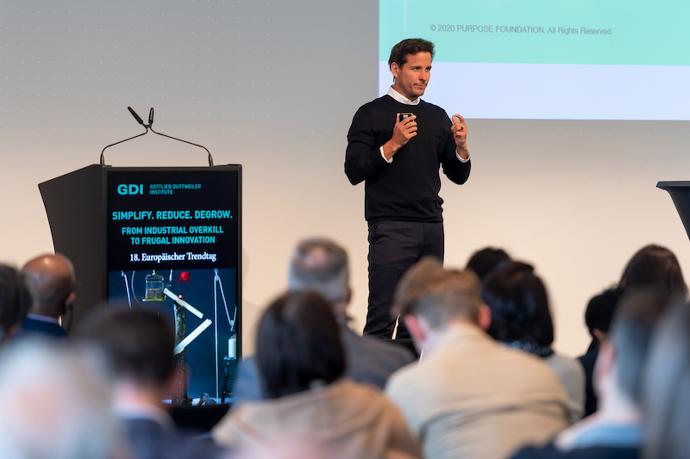
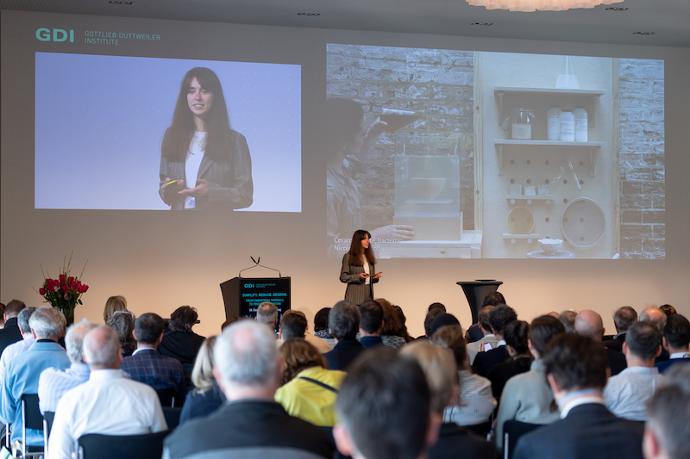
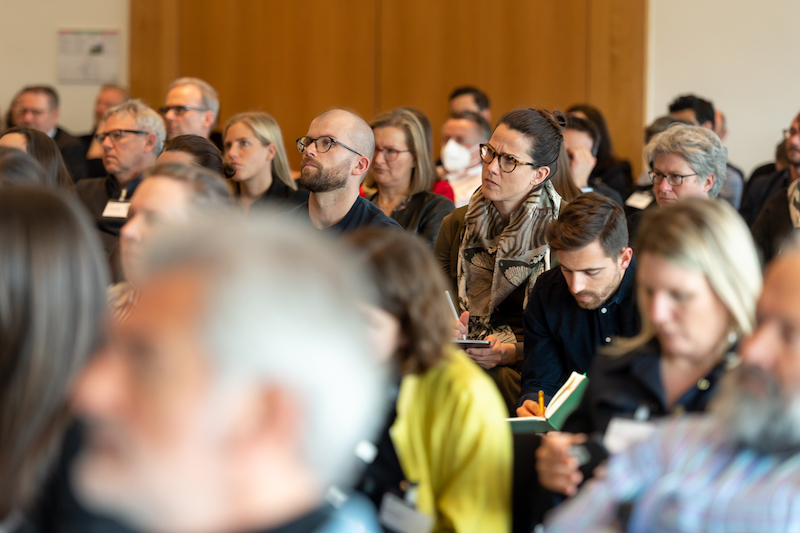
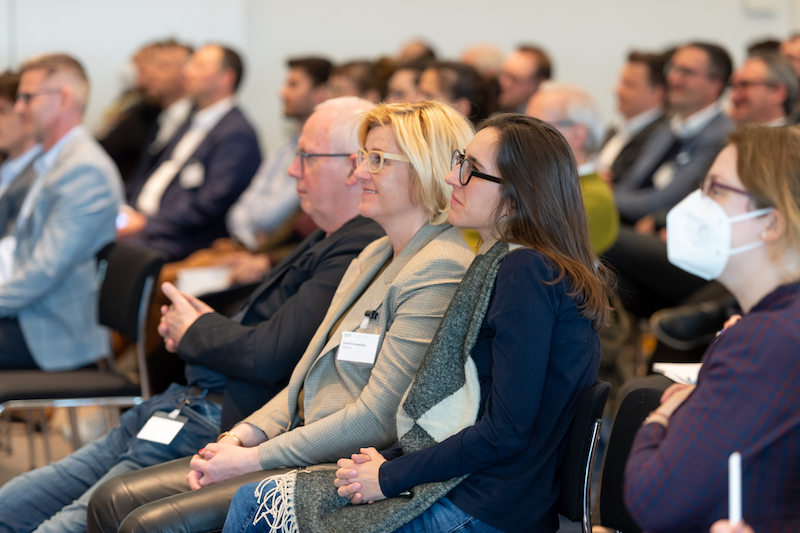
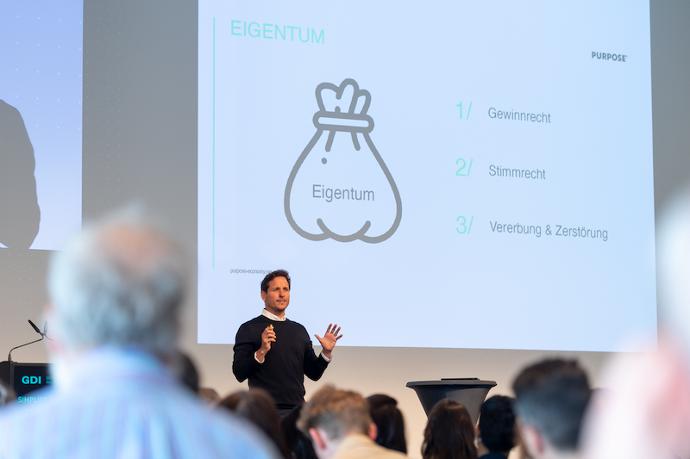
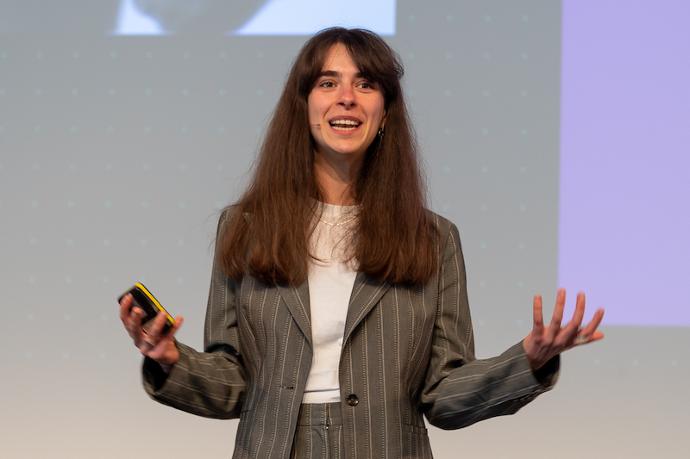
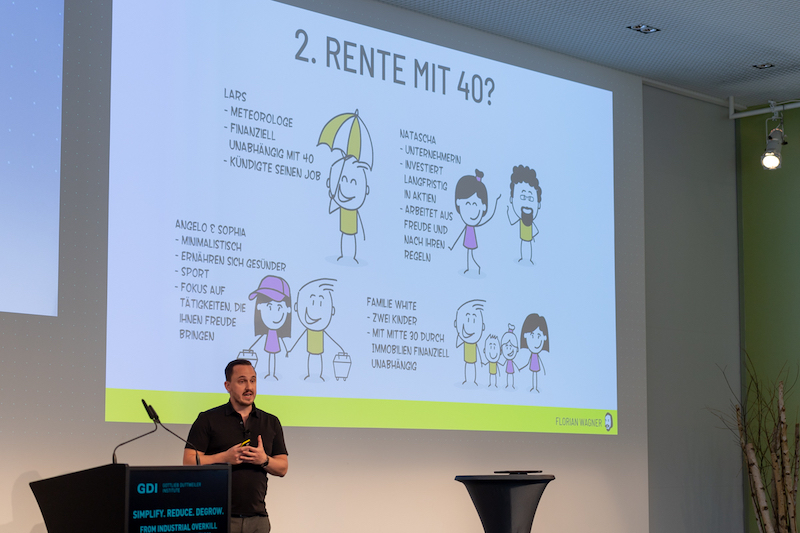
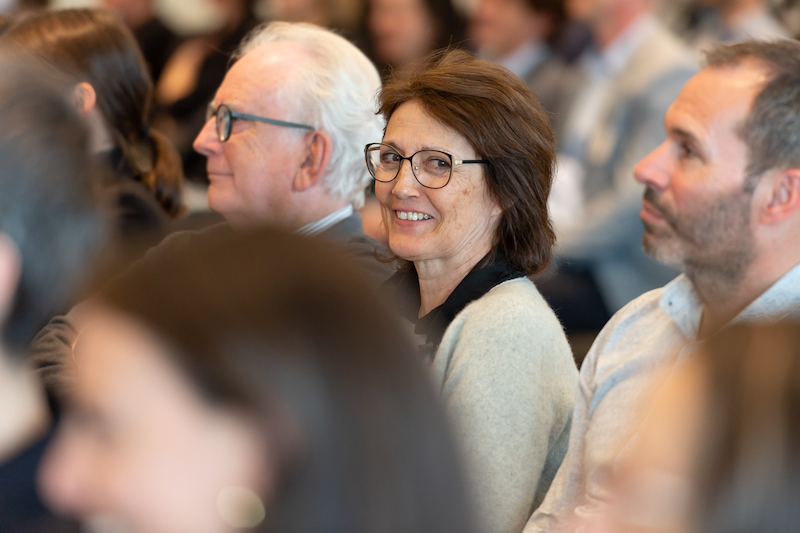
Networking Apéro
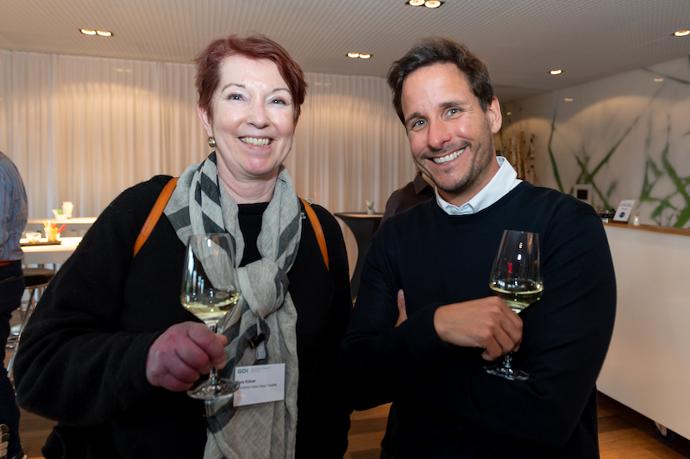
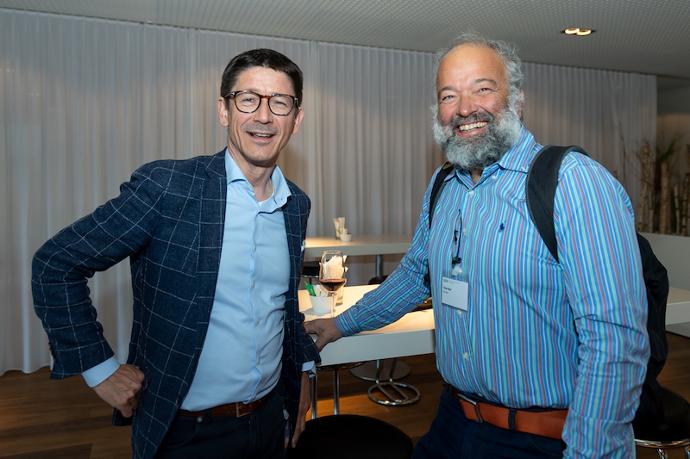
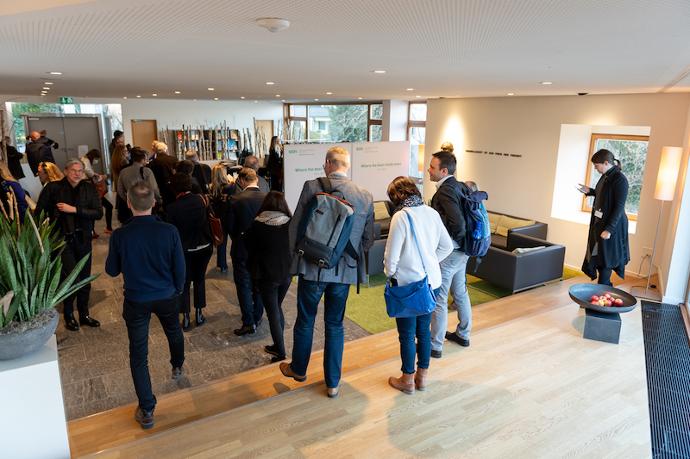
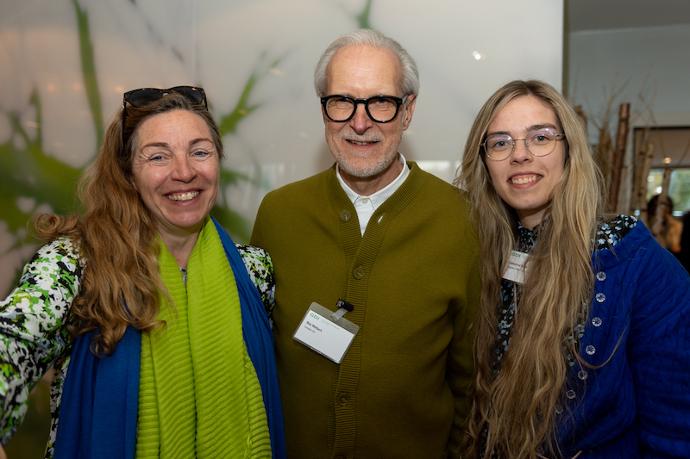
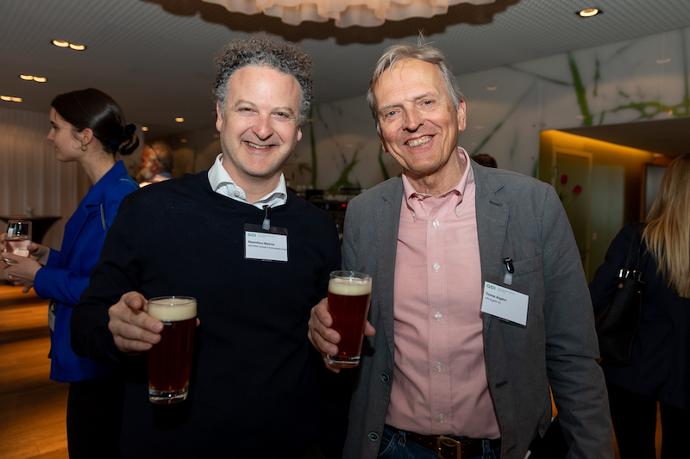

Über die Konferenz
Die vom Gottlieb Duttweiler Institute (GDI), dem Swiss Re Institute und IBM Research organisierte Konferenz bietet ein Forum, um diese drei Bereiche gemeinsam mit KI-VordenkerInnen und EntscheidungsträgerInnen aus Wissenschaft, Industrie, Regierung und Gesellschaft zu diskutieren.
Vergangene Konferenzen
Datum & Uhrzeit
Dienstag
15. Juni 2021
Ort
GDI Gottlieb Duttweiler Institute
8803 Rüschlikon
Schweiz

